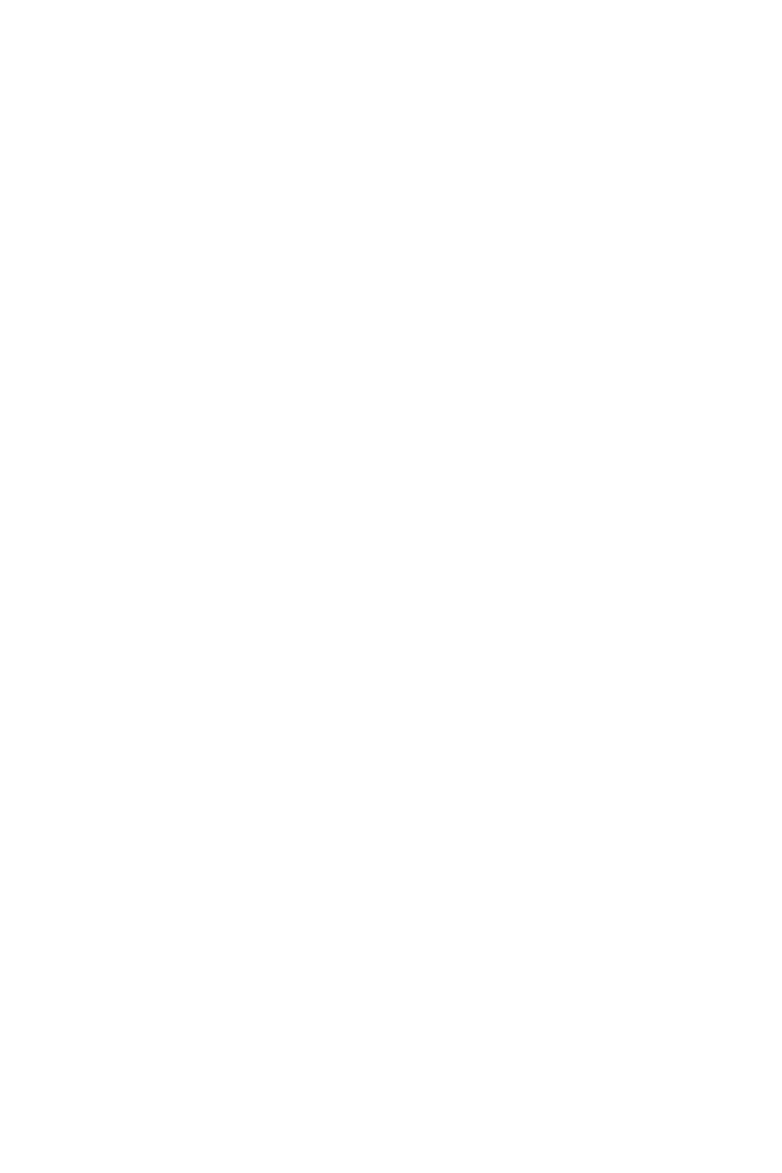

Chapter 5. I Believe in God • 57
answer includes the drama of sin, the love of God who sent his only Son
to be our Redeemer and Savior, and the call of God to sinful humanity
to repent and to love him in return.
We may ask why God did not create a world so perfect that no evil
could exist in it. God freely willed to create a world that is not immedi-
ately at its state of ultimate perfection, but one that must journey toward
that perfection through time. “In God’s plan this process of becoming
involves the appearance of certain beings and the disappearance of oth-
ers, the existence of the more perfect alongside the less perfect, both con-
structive and destructive forces of nature” (CCC, no. 310). Physical evil
can thus exist alongside physical good because creation has not reached
its ultimate perfection. On this journey, created realities remain limited
and thus subject to decay and death.
As intelligent and free creatures, both angels and human beings must
make their way to their ultimate destinies by using their intellect and will
to make free choices. They can and must choose between loving God—
who has shown his love for them in creation and Revelation—and lov-
ing something else. Thus moral evil—the evil of sin—can also exist in
this state of journeying (cf. CCC, nos. 309-313). God permits such moral
evil in part out of respect for the gift of freedom with which he endowed
created beings. But his response to moral evil is an even greater act of
love through the sending of his Son who offers his life to bring us back to
God. “Christ has ransomed us with his blood, and paid for us the price
of Adam’s sin to our eternal Father. . . . O happy fault, O necessary sin of
Adam, which gained for us so great a Redeemer!” (Easter Proclamation
[
Exsultet
] at the Easter Vigil).
St. Catherine of Siena said, to “those who are scandalized and rebel
against what happens to them”: “Everything comes from love, all is
ordained for the salvation of man, God does nothing without this goal
in mind” (
Dialogue on Providence
, chap. IV, 138).
ISSUES OF FAITH AND SCIENCE
Catholic philosophy and theology have traditionally held that the human
intellect comes to know the truth through scientific discovery and philo-
















